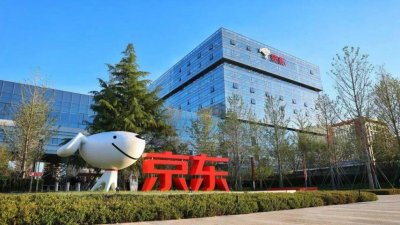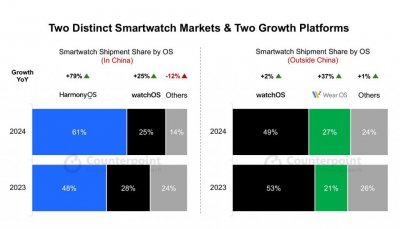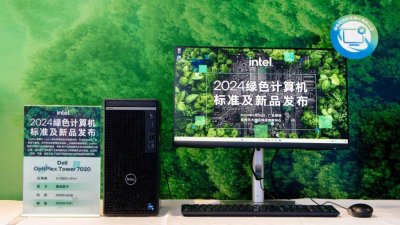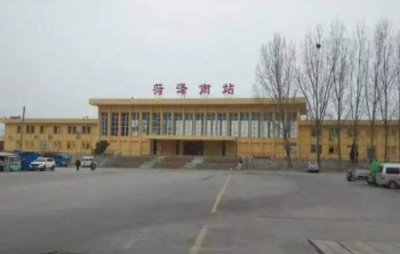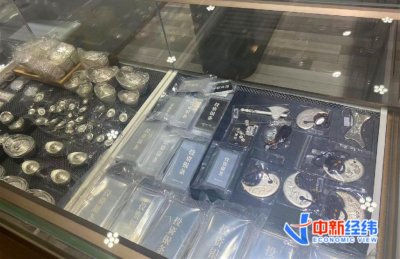Nvidia Reportedly Hit by New AI Chip Export Curb after Price Cuts in China amid Huawei Challenge
TMTPost -- Shares of Nvidia Corporation dropped as much as 4.4% and closed 3.8% on Thursday, wiping out more than $100 billion in market value after the world ’ s artificial intelligence ( AI ) chips manufacturer was reportedly hit by new U.S. export curb.
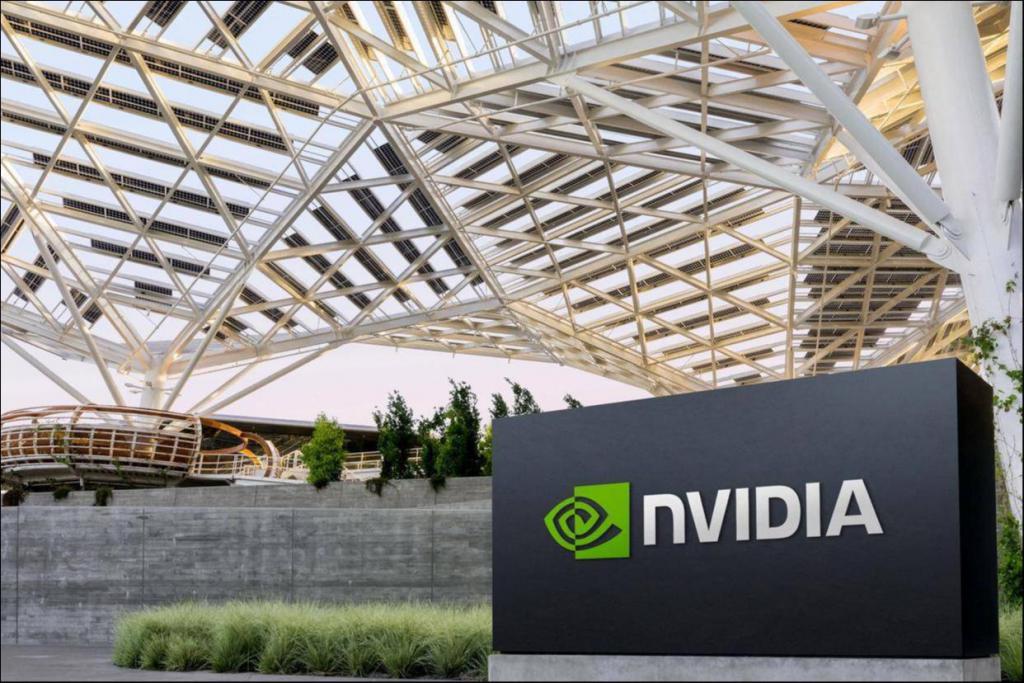
Credit:Xinhua News Agency
The U.S. government is slowed the issuing of licenses to chipmakers such as Nvidia and Advanced Micro Devices Inc. ( AMD ) for large-scale AI accelerator exports to the Middle East, Bloomberg cited people familiar with the matter. It was said that American officials are particularly focused on high-volume sales as Saudi Arabia and the United Arab Emirates ramp up AI data center spending and import massive amounts of chips. AI accelerators have become essential equipment for building an AI infrastructure for they can help data centers process the flood of information needed to develop AI tools including chatbots like ChatGPT.
"With regards to the most cutting-edge technologies, we conduct extensive due diligence through an interagency process, thoroughly reviewing license applications from applicants who intend to ship these advanced technologies around the world," a U.S. government official told Bloomberg, adding, "As always, we remain committed to working with our partners in the Middle East and around the world to safeguard our technological ecosystem."
A slowdown in the AI chip exports to the Middel East could be a new trouble for U.S. semiconductor companies, especially Nvidia, which was recently thrown into an AI chip price war with Chinese tech giant Huawei Technologies Ltd. H20, Nvidia's most advanced AI chip tailored for the China market, has got off to a weak start as an abundant supply forced it to be priced below Ascend 910B, a rival chip from Huawei, Reuters quoted supply chain sources last Friday. H20 chips are said to be sold in an over 10% discount to Ascend 910B in some cases.
Nvidia is the semiconductor designer that dominates the market for AI chips, which empower AI systems including the large language model behind ChatGPT. The U.S. has imposed months ago a new export control on AI offerings to China. The U.S. Department of Commerce introduced a rule entitles "Implementation of Additional Export Controls: Certain Advanced Computing Items; Supercomputer and Semiconductor End Use; Updates and Corrections", on October 18. The rule was supposed to come into effect following a 30-day public comment period. But Nvidia disclosed on October 25 that the U.S. government informed the licensing requirements of the rule applicable to products having a "total processing performance" of 4800 or more and designed or marketed for data centers, is effective immediately.
Nvidia has modified some of flagship products including A100 and H100 for exports to China, including an alternative A800 chip, as the U.S. regulators last year banned it from selling its most advanced chips to China. But even A800, the weakened version of Nvida ’ s cutting-edge A100 processor, is not allowed for export without first obtaining a license according to the new restrictions.
Nvidia CEO Jensen Huang said last December that his company has been working very closely with the U.S. government to make sure products for China comply with new rules about export controls. Huang noted Intel, Huawei and the growing number of semiconductor startups are posing serious challenges to Nvidia ’ s domination, and Nvidia has a lot of competitors in and outside China. But the executive said he is not phased by such competition and believes it ’ s good for the advancement of the technology.
In a regulatory filling late February, Nvidia first underlined Huawi as a top competitor in artificial intelligence ( AI ) , chips and various areas. The Santa Clara, California-based company said Huawei competes in supplying chips designed for AI such as graphics processing units ( GPUs ) , central processing units ( CPUs ) and networking chips. It also identified Huawei as a cloud service company designing its own hardware and software to improve AI computing.
At an earnings call about Nvidia's first fiscal quarter last Wednesday, senior executives warned that the company's business in China is substantially lower than in the past due to the U.S. restrictions. "Our data centre revenue in China is down significantly from the level prior to the imposition of the new export control restrictions in October," CFO Colette Kress told analysts. "We expect the market in China to remain very competitive going forward." Analysts regarded the H20 ’ s performance as a major factor of Nvidia ’ s business in China, while they believe that the prospect in the long run will depend on how it compete with Huawei.
